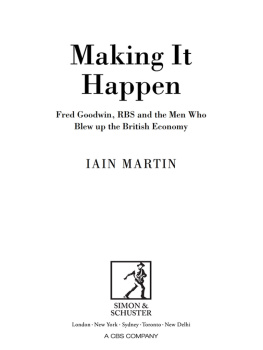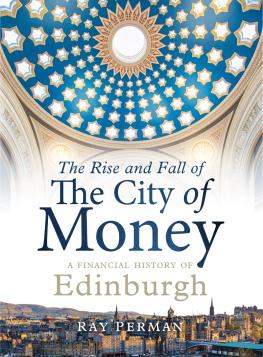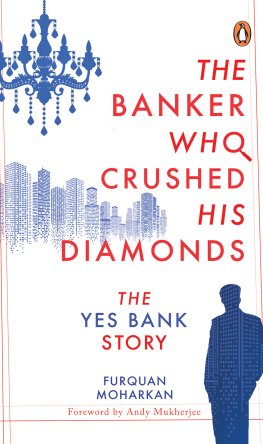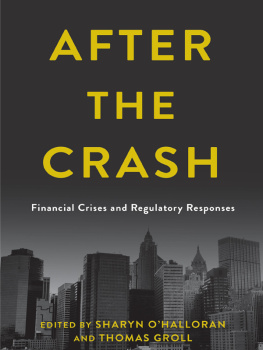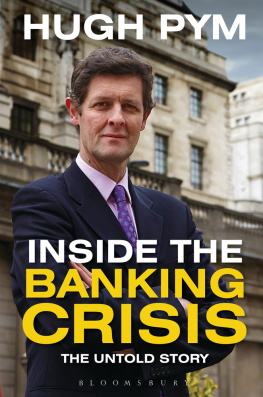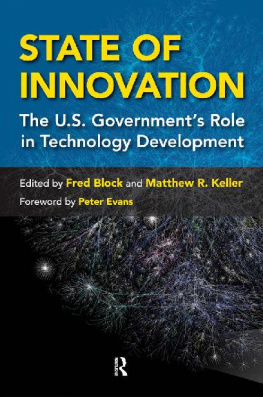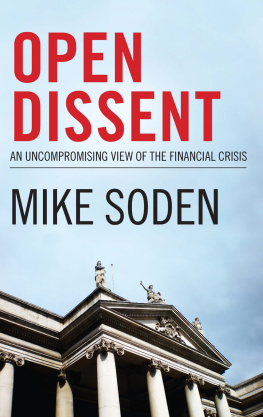Making It Happen

First published in Great Britain by Simon & Schuster UK Ltd, 2013
A CBS COMPANY
Copyright Kennedy Herd Ltd, 2013
This book is copyright under the Berne Convention.
No reproduction without permission.
All rights reserved.
The right of Iain Martin to be identified as the author of this work has been asserted by him in accordance with sections 77 and 78 of the Copyright, Designs and Patents Act, 1988.
Simon & Schuster UK Ltd
1st Floor
222 Grays Inn Road
London WC1X 8HB
www.simonandschuster.co.uk
Simon & Schuster Australia, Sydney
Simon & Schuster India, New Delhi
A CIP catalogue record for this book is available from the British Library
ISBN: 978-1-47111-354-3
eBook ISBN: 978-1-47111-356-7
Typeset in the UK by M Rules
Printed and bound by CPI Group (UK) Ltd, Croydon, CR0 4YY
For Fiona
Prologue
You have a long time to regret it if you dont get it right. |
Fred Goodwin, 7 June 2004, Businessweek |
D uring the boom years, at the beginning of the century, the Royal Bank of Scotland chose an advertising slogan. The words were emblazoned in large letters on billboards at airports, used in television campaigns and appended to mountains of marketing material selling mortgages, insurance and investment products. RBS, the adverts promised, would Make It Happen. The phrase was chosen by the then chief executive Fred Goodwin for several reasons. It not only informed customers that RBS stood ready to help if they were minded to make it happen whether it was moving house, insuring said house, expanding a small business or trading billions on the financial markets in complicated products. It was also intended to encapsulate Goodwins can-do determination to build a bank that could take on the very best in the world. All that activity eventually resulted in RBS becoming, briefly, the very biggest of all, just at the moment when being the biggest was the last thing a sensible bank should want to be. Fred Goodwin and his senior colleagues were true to their word, albeit not quite in the way they originally intended. They really helped to make it happen.
The collapse of the bank they ran in October 2008 was not just a corporate catastrophe for those who worked at RBS, or owned shares in the company. It also presaged a severe and sustained downturn in the economy that has had adverse consequences for the prosperity of Britons. In January 2013, five years into the crisis, the UK economy was still 3.4 per cent below its pre-slump peak. The living standards of millions of families have declined.
Of course, in the crisis of 2007 to 2008 RBS was not the only British institution to need rescuing. Plenty of others got into difficulties HBOS, Northern Rock, Bradford & Bingley. All had to be bailed out or sold, and even the institutions that did not have to be nationalised taken over by the taxpayer relied on forms of special support and loan facilities from a government desperate to keep the banking system alive. RBS is a special case, however. Its blow-up was the largest and most spectacular of the lot. When it arrived at the point of failure, the government had to buy 45.2bn of RBS shares and offer many billions more in credit facilities to prevent the banks collapse. The rescue dwarfed the packages needed for the other UK banks.
The damage done by the crisis goes well beyond simple lost economic capacity. The egocentrism and greed of the good years and the trauma of the downturn that followed have so widely shaken confidence in the basic precepts of capitalism that it is common to talk of it being in crisis. In this way, our reckless past, troubled present and precarious future are bound up in the incredible story of how a previously modest, Presbyterian, cautious Scottish institution ended up with a balance sheet of almost 2 trillion just when the boom went bust.
Goodwin himself is not an obviously stupid man. But if the former RBS boss had wanted to make himself the epitome of bad boy bankers, the physical embodiment of the British end of the crisis, he could not have done a better job if he tried. His bizarre handling of the aftermath has involved the adoption of an anti-PR strategy in which he offers nothing in the way of explanation. He has even used the courts to try to block mention of aspects of his private life. It has done nothing to aid understanding and has guaranteed that Goodwin be treated as the pantomime villain, a target at which anger over what happened can be channelled. Early on, there was the darkly comic awfulness of his public appearances in front of a parliamentary committee and at the RBS Extraordinary General Meeting held to approve the terms of the government bailout. He apologised for what had happened. He regretted how it had all turned out. He wished he could do something in order to make it different. That was all. There appeared to be no proper reflection or reckoning. For Fred to admit he had got something, anything, wrong, that would be incredible, says a former member of his management team. If you were to say to him when something had gone wrong, I saw you do it wrong, I know you did it, Fred would say no, thats not how it was. He is like a little boy who never admits mistakes.
Former colleagues, friends and enemies all testify to his considerable abilities. Certainly, he did not rise each morning looking for ways in which to ruin the bank he ran and destroy his own reputation, while inflicting epoch-defining damage on the UK economy. So what on earth did he think he was doing? Finding out is not straightforward. Goodwin makes no comment in public, lives in Edinburgh, draws a pension from the taxpayer-owned RBS (of 342,500 per year), sees a few friends, shoots, repairs vintage cars, tries not to read the newspapers and avoids engaging with those who want to question him about his motives, recollections and regrets. He has shut out the world, says a friend. His marriage foundered after it emerged that he had an affair with a member of staff at RBS in the run-up to the financial crisis. His wife, Joyce, only discovered this when he revealed that it was about to be reported in the newspapers. Everyone knows that Sir Fred Goodwin is now plain Mr Fred Goodwin, but it is rarely mentioned that Lady Goodwin lost a title too when her errant husband was stripped of his knighthood in 2012.
Other than the removal of the Goodwin honour, very few bankers have faced any sanction, which is remarkable considering the scale of the disaster. Johnny Cameron, the former head of the division at RBS which oversaw investment banking, was singled out for criticism in an investigation by the Financial Services Authority (FSA). Cameron is not allowed to take up any full-time position in the City. Peter Cummings, a former banker at HBOS, another bank that got out of control, has been fined by the FSA. Bob Diamond was forced out of his post at Barclays, over the interest-rate-setting Libor scandal, which is only indirectly related to the crisis. Belatedly, Sir James Crosby of HBOS lost his knighthood. A few others have been forced to stand aside from their jobs, and that is pretty much it. At the time of writing, no one has gone to jail.
In the last five years there have been various studies and reports undertaken by MPs, peers and public bodies, dealing with particular aspects of the crisis. Incredibly there has not been a full report into RBS, although it is a common misconception that there has been, mainly because the FSA published a 450-page document called The failure of the Royal Bank of Scotland. The reality is that the FSA did not investigate the company. It investigated Johnny Cameron to establish whether or not he should face any action and then, when the government applied pressure for more, widened the scope a little, rebadged the findings and issued it as a sober-looking tome. There is very interesting material within its pages but several of the main characters at the top of RBS were not even interviewed, and several others received only the lightest of grillings. Another substantial chunk of the report involves the results of an investigation the FSA instigated into itself. The document is hardly a complete account of what happened.

